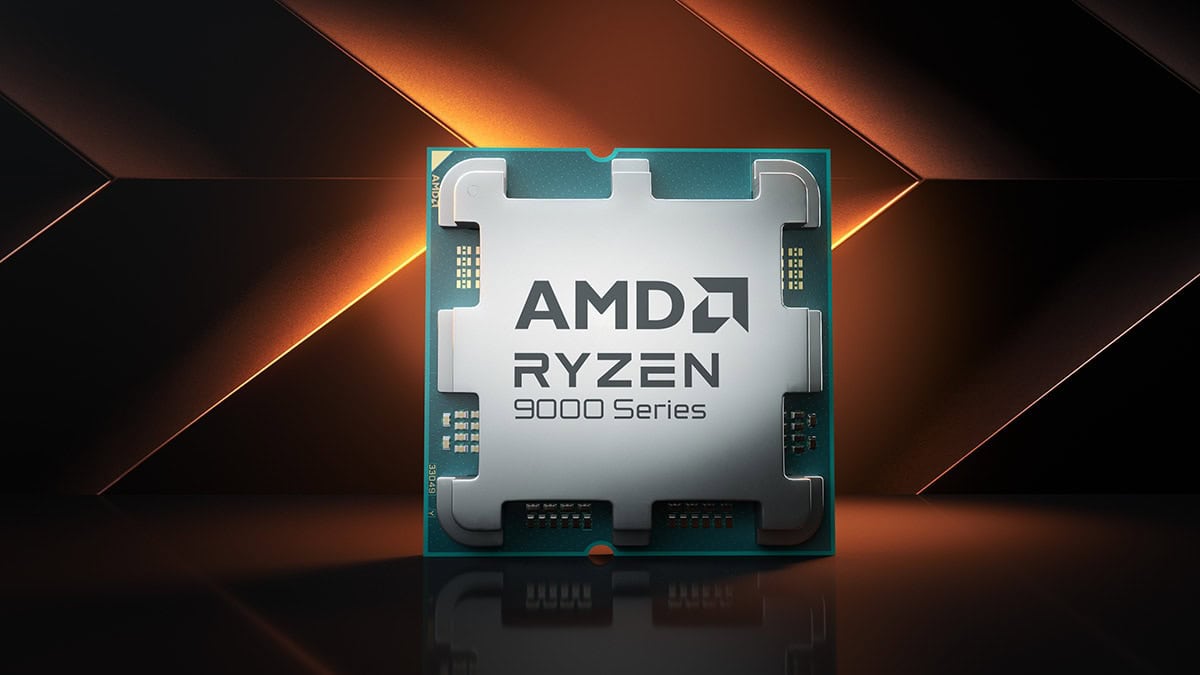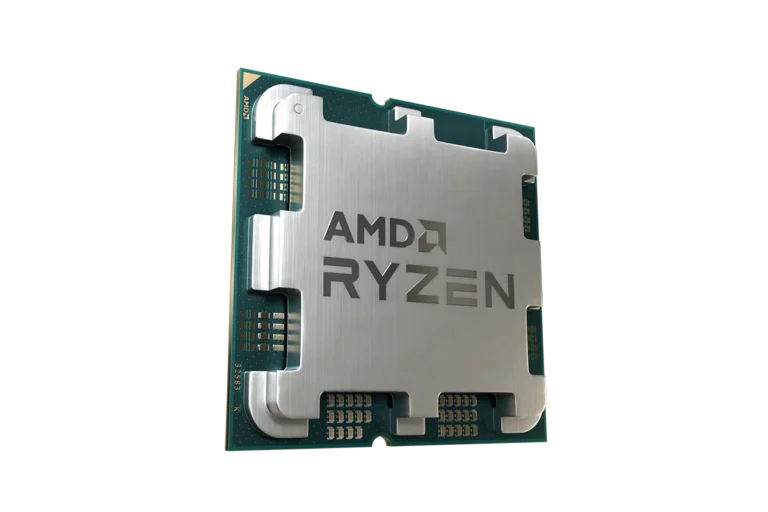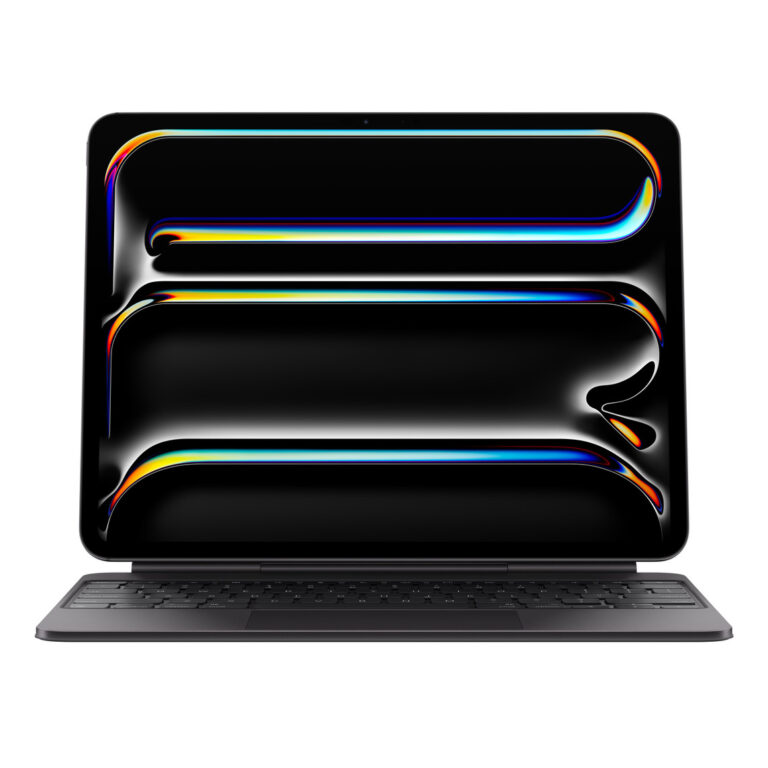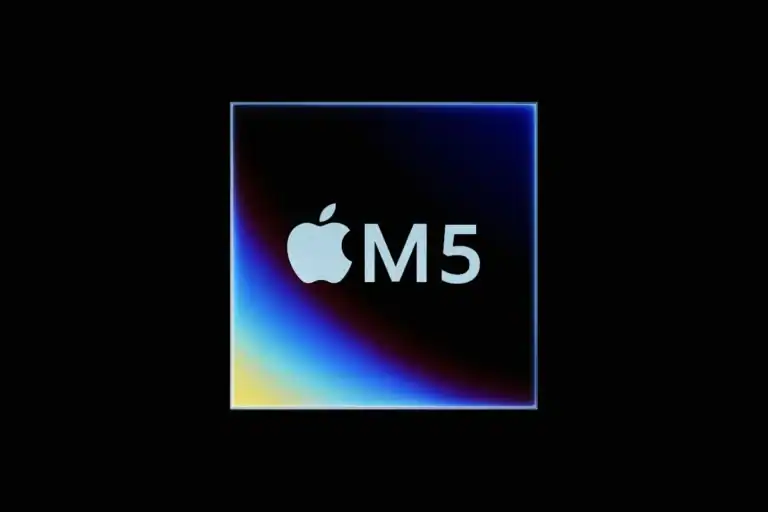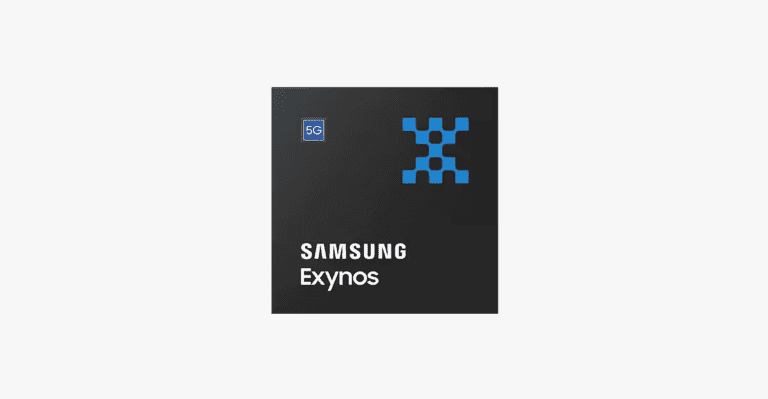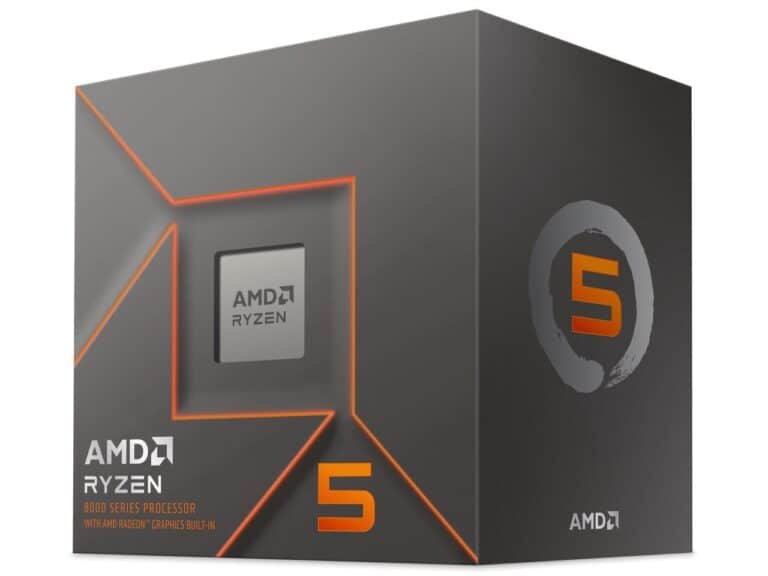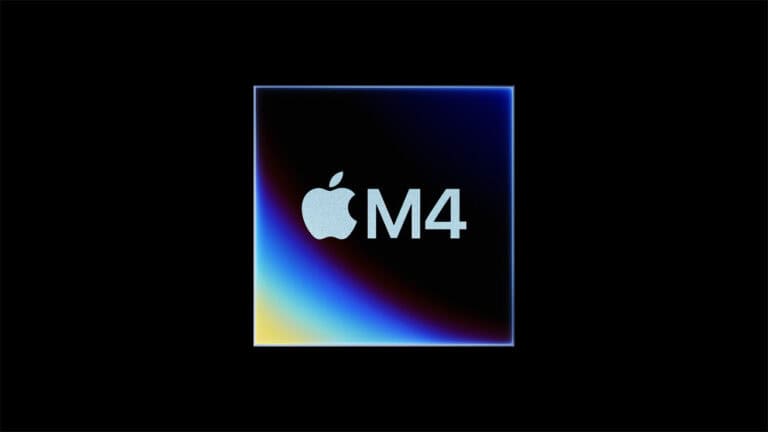AMD’s Ryzen lineup continues to evolve, with the Zen 5-based Ryzen 9000 series now available alongside the still-popular Zen 4 Ryzen 7000 series. Whether you’re gaming, streaming, or building a workstation, choosing the right CPU means balancing performance, efficiency, and price.
Below, we compare the most relevant Ryzen CPUs across the Ryzen 5, 7, and 9 families.
Ryzen 7 Series: Gaming Sweet Spot
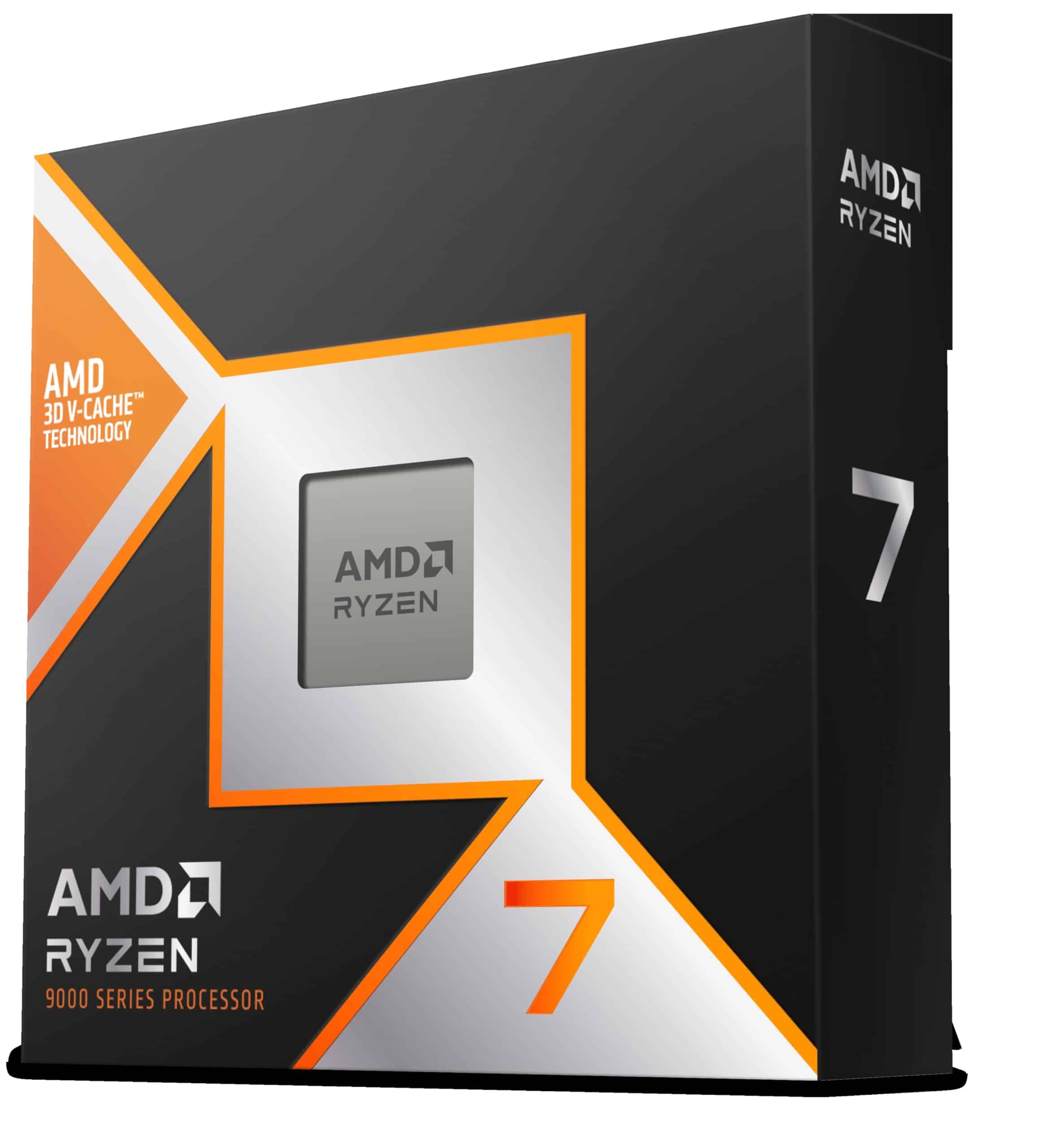
AMD Ryzen 7 9800X3D (Zen 5)
- Cores/Threads: 8 / 16
- Base/Boost: 4.7 GHz / 5.2 GHz
- TDP: 120W
- Price: ~$469
- Highlights: Equipped with AMD’s 3D V-Cache, this chip is the new king of gaming CPUs in 2025. It offers huge gains in frame rates, especially in cache-sensitive titles.
AMD Ryzen 7 9700X (Zen 5)
- Cores/Threads: 8 / 16
- Base/Boost: 3.8 GHz / 5.5 GHz
- TDP: 65W
- Price: ~$310
- Highlights: A balanced Zen 5 CPU with excellent efficiency. Great for gamers and creators who don’t need 3D V-Cache but want modern architecture.
AMD Ryzen 7 7800X3D (Zen 4)
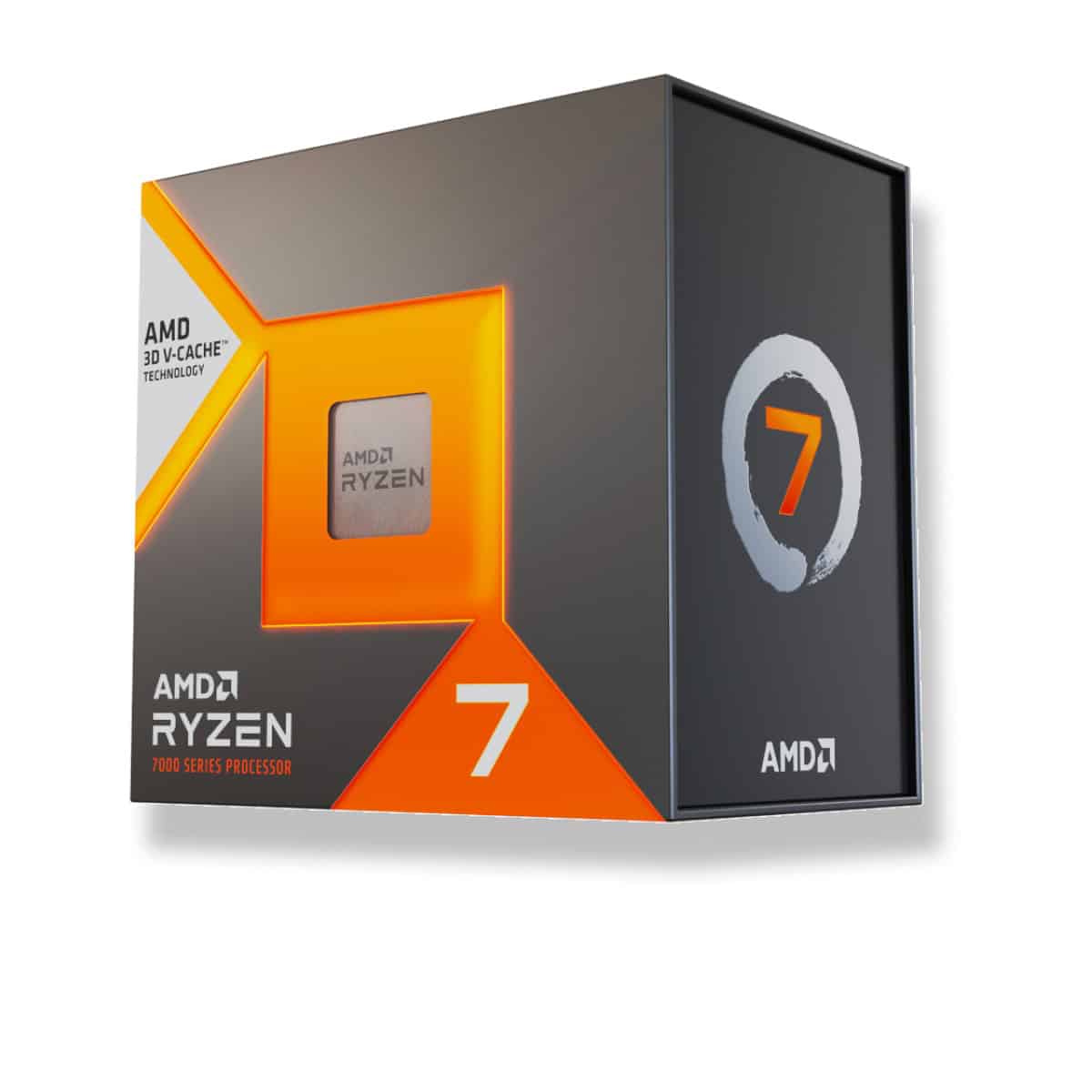
- Cores/Threads: 8 / 16
- Base/Boost: 4.2 GHz / 5.0 GHz
- TDP: 120W
- Price: ~$359
- Highlights: The best value gaming CPU of the Zen 4 era. Still a top pick for gamers in 2025 thanks to its 3D V-Cache and strong price-to-performance ratio.
AMD Ryzen 7 7700X (Zen 4)
- Cores/Threads: 8 / 16
- Base/Boost: 4.5 GHz / 5.4 GHz
- TDP: 105W
- Price: ~$264
- Highlights: A solid all-rounder for productivity and gaming, but overshadowed by the 7800X3D for gaming and the newer 9700X for efficiency.
Verdict:
- Best Gaming: Ryzen 7 9800X3D
- Best Value: Ryzen 7 7800X3D
- Best Efficiency: Ryzen 7 9700X
Ryzen 5 Series: Mainstream Performance
AMD Ryzen 5 9600X (Zen 5)
- Cores/Threads: 6 / 12
- Base/Boost: 3.9 GHz / 5.4 GHz
- TDP: 65W
- Price: ~$196
- Highlights: The go-to budget gaming CPU of 2025. Zen 5 efficiency makes it cooler and faster than its Zen 4 predecessor.
AMD Ryzen 5 7600X (Zen 4)
- Cores/Threads: 6 / 12
- Base/Boost: 4.7 GHz / 5.3 GHz
- TDP: 105W
- Price: ~$177
- Highlights: High clocks and great gaming performance, but less efficient than the 9600X.
AMD Ryzen 5 7600 (Zen 4)
- Cores/Threads: 6 / 12
- Base/Boost: 3.8 GHz / 5.1 GHz
- TDP: 65W
- Price: ~$185
- Highlights: Similar to the 7600X but with lower TDP. A solid entry-level gaming chip.
Verdict:
- Best Budget Gaming: Ryzen 5 9600X
- Best Value (Zen 4): Ryzen 5 7600X
Ryzen 9 Series: Enthusiast & Productivity
AMD Ryzen 9 9950X3D (Zen 5)
- Cores/Threads: 16 / 32
- Base/Boost: 4.3 GHz / 5.7 GHz
- TDP: 170W
- Price: ~$665
- Highlights: The ultimate gaming + productivity hybrid CPU. With 3D V-Cache and 16 cores, it dominates both gaming benchmarks and creative workloads.
AMD Ryzen 9 9950X (Zen 5)
- Cores/Threads: 16 / 32
- Base/Boost: 4.3 GHz / 5.7 GHz
- TDP: 170W
- Price: ~$526
- Highlights: Same core count as the X3D, but without 3D V-Cache. Better for pure productivity (rendering, editing) where cache isn’t as critical.
AMD Ryzen 9 9900X (Zen 5)
- Cores/Threads: 12 / 24
- Base/Boost: 4.4 GHz / 5.6 GHz
- TDP: 120W
- Price: ~$355
- Highlights: A value-focused Zen 5 chip that balances gaming and productivity. Great for creators who don’t need 16 cores.
AMD Ryzen 9 7900X (Zen 4)
- Cores/Threads: 12 / 24
- Base/Boost: 4.7 GHz / 5.6 GHz
- TDP: 170W
- Price: ~$324
- Highlights: Solid productivity CPU, but higher power draw than the 9900X.
Verdict:
- Best All-Rounder: Ryzen 9 9950X3D
- Best Productivity: Ryzen 9 9950X
- Best Value: Ryzen 9 9900X
Final Recommendations
- For Gaming Only: Ryzen 7 9800X3D or Ryzen 9 9950X3D if budget allows.
- For Balanced Builds: Ryzen 7 9700X or Ryzen 9 9900X.
- For Budget Gaming: Ryzen 5 9600X.
- For Heavy Productivity: Ryzen 9 9950X (or 9950X3D if also gaming).
AMD’s Zen 5 lineup (Ryzen 9000 series) brings efficiency, IPC gains, and new X3D models that redefine gaming performance. Meanwhile, Zen 4 chips remain strong value options, especially for budget-conscious builders.
The Best AMD Ryzen CPUs Right Now (2025)
| Rank | Model | Cores | Clock | Boost | Architecture |
|---|---|---|---|---|---|
| 1 | AMD Ryzen 7 9800X3D | 8 | 4.7 GHz | 5.2 GHz | Zen 5 |
| 2 | AMD Ryzen 7 7800X3D | 8 | 4.2 GHz | 5 GHz | Zen 4 |
| 3 | AMD Ryzen 5 7600X | 6 | 4.7 GHz | 5.3 GHz | Zen 4 |
| 4 | AMD Ryzen 5 9600X | 6 | 3.9 GHz | 5.4 GHz | Zen 5 |
| 5 | AMD Ryzen 9 9950X3D | 16 | 4.3 GHz | 5.7 GHz | Zen 5 |
| 6 | AMD Ryzen 7 7700X | 8 | 4.5 GHz | 5.4 GHz | Zen 4 |
| 7 | AMD Ryzen 7 9700X | 8 | 3.8 GHz | 5.5 GHz | Zen 5 |
| 8 | AMD Ryzen 5 7600 | 6 | 3.8 GHz | 5.1 GHz | Zen 4 |
| 9 | AMD Ryzen 9 9900X | 12 | 4.4 GHz | 5.6 GHz | Zen 5 |
| 10 | AMD Ryzen 9 9950X | 16 | 4.3 GHz | 5.7 GHz | Zen 5 |
Understanding AMD Ryzen CPU Lineup
AMD’s Ryzen CPUs have reshaped the processor market with their balance of performance, efficiency, and value. From everyday computing to high-end gaming and professional workloads, Ryzen processors continue to compete strongly with Intel’s offerings, especially in multi-threaded and AI-accelerated tasks.
Evolution of Ryzen Series
The Ryzen series reflects AMD’s steady innovation. Starting with the original Zen architecture in 2017, AMD has advanced through multiple generations, culminating in today’s Zen 5 processors (Ryzen 9000 series). Each step brought higher efficiency, more cores, and stronger performance:
- Zen: AMD’s comeback, reestablishing competitiveness.
- Zen 2: Major IPC and efficiency gains.
- Zen 3: Strong single-core performance, gaming dominance.
- Zen 4: Higher speeds, DDR5 & PCIe 5.0 support.
- Zen 5: Latest generation (2024–2025), with up to 16 cores in mainstream and up to 96 cores in Threadripper PRO.
Architecture Overview
Every Ryzen chip is built on AMD’s evolving Zen architecture. The newest Zen 5 design, launched in 2024, delivers an average of 10–15% better IPC (instructions per clock) over Zen 4, plus improved efficiency, cache scaling, and AI acceleration. It powers the Ryzen 9000 desktop CPUs, mobile processors, and the workstation-class Threadripper PRO 9000 lineup.
- Zen 4: Introduced DDR5, PCIe 5.0, and strong gaming performance.
- Zen 5: Refined efficiency, better latency, and AI-ready design for modern workloads.
Ryzen Product Families
AMD’s Ryzen lineup now spans from entry-level to extreme professional use:
- Ryzen 3: Entry-level CPUs for everyday tasks.
- Ryzen 5: Balanced performance for gaming and productivity (e.g., Ryzen 5 9600X).
- Ryzen 7: High-performance for gamers and creators (e.g., Ryzen 7 9700X).
- Ryzen 9: Flagship consumer CPUs with up to 16 cores (e.g., Ryzen 9 9950X).
- Ryzen 9 X3D: 3D V-Cache models like the Ryzen 9 9950X3D, delivering unmatched gaming performance.
- Threadripper PRO 9000: Professional-grade CPUs with up to 96 cores for extreme multitasking, 3D rendering, and AI workloads.
With Zen 5, AMD ensures there’s a processor for every need—from budget builds to high-end gaming rigs and professional workstations.
Comparative Analysis of Ryzen CPUs
Here’s a look at how Ryzen CPUs stack up in terms of gaming, productivity, and overall value.
Performance Benchmarks
Zen 5 has pushed Ryzen CPUs further ahead, especially in gaming and content creation:
- Gaming Performance:
- Ryzen 9 9950X3D: Currently the best gaming CPU thanks to massive 3D V-Cache.
- Ryzen 7 9700X: Great balance of performance and efficiency for most gamers.
- Productivity Performance:
- Ryzen 9 9950X: 16 cores, excellent for content creation and heavy workloads.
- Threadripper PRO 9995WX: Up to 96 cores, designed for professionals in 3D rendering, AI, and scientific workloads.
Price-to-Performance Ratios
Ryzen continues to offer strong value. The Ryzen 5 9600X and Ryzen 7 9700X are particularly attractive for gamers, while the Ryzen 9 9950X competes directly with Intel’s Core Ultra lineup at the high end. For professionals, Threadripper PRO CPUs deliver unmatched performance, though at premium pricing.
CPU Features Comparison
Key improvements in Zen 5 include larger caches, better memory bandwidth, and AI acceleration. The Ryzen 9000 series supports DDR5 and PCIe 5.0, while Threadripper PRO expands to massive core counts and memory channels.
- Cores and Cache:
- Ryzen 9000: Up to 16 cores, with 144 MB cache on X3D models.
- Threadripper PRO 9000: Up to 96 cores and huge memory bandwidth.
- Platform Support:
- Ryzen 9000: Uses AM5 socket with DDR5 and PCIe 5.0.
- Threadripper PRO: Uses WRX90 platform for professional-grade expandability.
Technical Specifications and Compatibility
With Zen 5, AMD has doubled down on modern standards: DDR5, PCIe 5.0, and advanced power management. Here’s what to know:
Memory and Storage Support
Ryzen 9000 CPUs run exclusively on the AM5 platform, supporting DDR5 memory and PCIe 5.0 for GPUs and storage. Threadripper PRO 9000 expands this further with eight memory channels and more PCIe lanes for professional workloads.
Power and Thermal Management
AMD continues to refine power efficiency. Precision Boost Overdrive and Curve Optimizer allow CPUs to dynamically adjust power for performance. Cooling remains important, especially for Ryzen 9 and Threadripper PRO chips, which demand high-performance coolers or liquid cooling solutions.
Motherboard and Ecosystem
Ryzen 9000 CPUs require AM5 motherboards (X670, B650, and newer chipsets). Threadripper PRO 9000 uses the WRX90 platform, offering unmatched expandability for professionals. Both ecosystems now support the latest connectivity standards, ensuring future-ready builds.
Frequently Asked Questions
Here are answers to the most common Ryzen questions in 2025:
What are the main differences between Ryzen 5, 7, 9, and Threadripper PRO processors?
Ryzen 5 is ideal for mainstream gaming and productivity. Ryzen 7 offers higher performance for creators. Ryzen 9 targets enthusiasts and professionals with up to 16 cores, while Threadripper PRO dominates workstation workloads with up to 96 cores.
How does the Ryzen 9 9950X3D compare with other Ryzen CPUs?
The Ryzen 9 9950X3D is the ultimate gaming CPU, leveraging 3D V-Cache for huge frame rate gains. It outperforms standard Ryzen 9 models in gaming, while still offering excellent productivity performance.
Can you list the Ryzen processor lineup in order of performance?
From entry-level to extreme: Ryzen 3 → Ryzen 5 → Ryzen 7 → Ryzen 9 → Ryzen 9 X3D → Threadripper PRO.
How do Ryzen CPUs compare to Intel’s latest offerings?
AMD’s Zen 5 CPUs often lead in multi-threaded workloads and price-to-performance, while Intel’s Core Ultra chips remain competitive in single-threaded and some gaming benchmarks. The gap is narrow, and choice often comes down to platform preference.
What should I consider when choosing a Ryzen CPU for gaming?
Look at core count, boost clock speeds, and whether the CPU has 3D V-Cache. Ryzen 5 and 7 are excellent for most gamers, while Ryzen 9 X3D models are best for enthusiasts seeking maximum performance.

